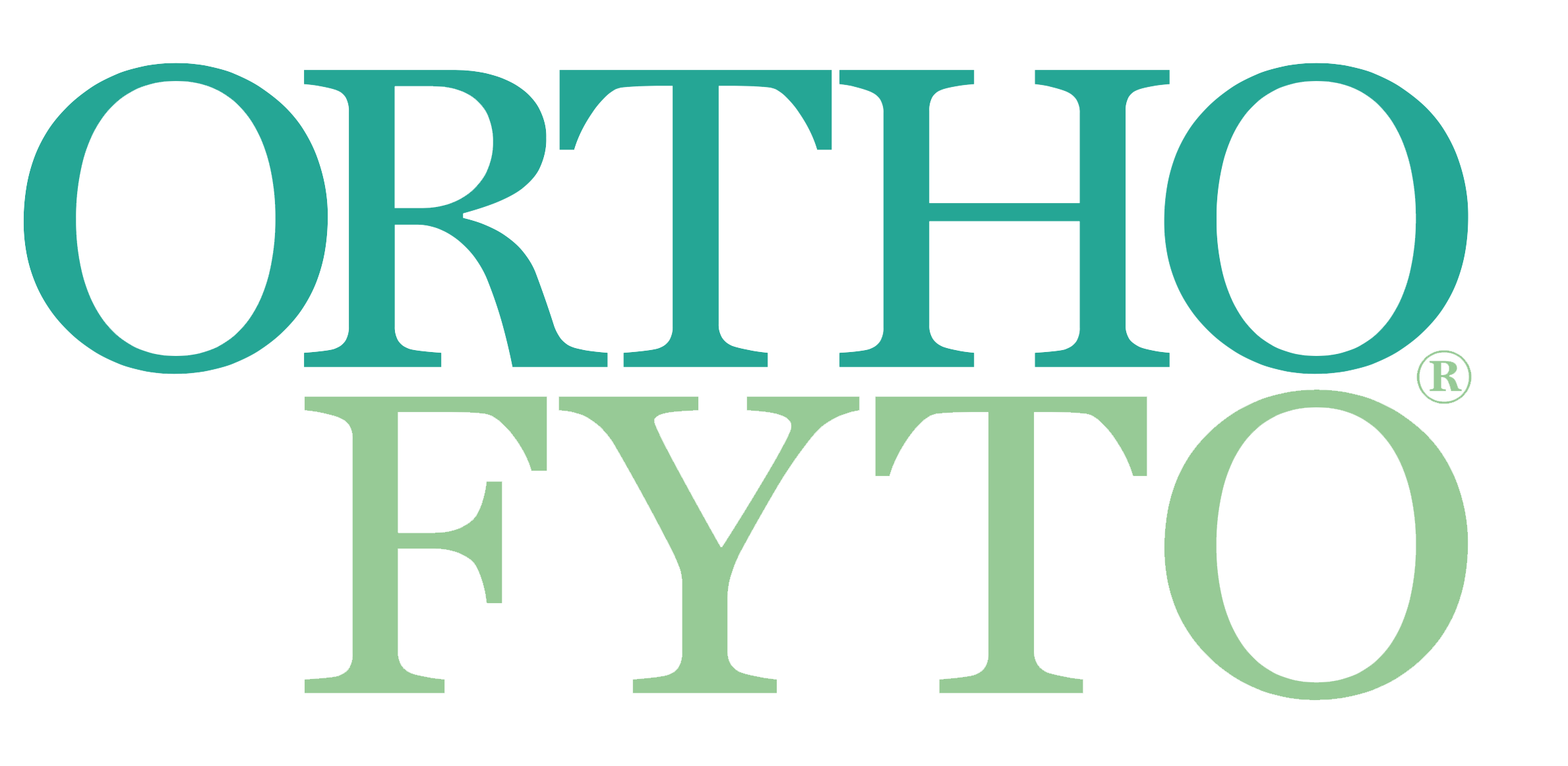Meer energie dankzij spirulina
14 Jun, 2023
Door: Geert Verhelst
Vermoeidheid is een van de meeste gehoorde klachten op het spreekuur van de gezondheidsprofessional. Als onderliggende ziektebeelden werden uitgesloten, is het de taak van de behandelaar om via een aangepaste levensstijl en een gezonde, onbewerkte voeding het energieniveau van de patiënt op te krikken. Daarnaast kunnen passende voedingssupplementen vaak een goede ruggensteun bieden. Zoals de blauwgroene alg spirulina.
Spirulina (Arthrospira platensis) is een halve millimeter groot, meercellig blauwgroen algje met een zachte celwand en zonder celkernen, dat aan fotosynthese doet. Het manifesteert zich als een onvertakte, spiraalvormige draad, omgeven door een slijmlaagje. Spirulina groeit in het wild in de (sub)tropische zoutmeren van Afrika, Azië, Centraal- en Zuid-Amerika, maar wordt tegenwoordig vooral onder optimale omstandigheden en ver van milieuvervuiling gekweekt in speciale ‘waterfarms’ in subtropische gebieden rond de 20e breedtegraad, zoals Hawaï, Californië, India, Taiwan, China.
Het is zeer moeilijk voor onderzoekers om van een bepaald nutriënt, voedingsmiddel of een plant via de standaard van gerandomiseerde, placebogecontroleerde studies het effect daarvan bij energiegebrek of vermoeidheid (niet berustend op een duidelijke oorzaak) na te gaan. Deze klachten zijn immers niet gemakkelijk via geijkte meetsystemen of vastliggende parameters objectief in te schatten. Dat is niet anders voor spirulina, waardoor we beter eerst kunnen ingaan op het effect van deze alg op verschillende oorzaken van vermoeidheid, die wel meetbaar zijn.
Lees het gehele artikel vanaf pagina 29 in OrthoFyto 3/23.
Wilt u het gehele artikel als PDF bestand ontvangen? Bestel het dan hier voor € 3,50.
Bronvermelding:
1. Gutiérrez-Salmeán G et al. Nutritional and toxicological aspects of spirulina (Arthrospira). Nutr Hosp. 2015;32(1):34-40.
2. Kasi, Renugadevi & Nachiyar, Valli & Prasad, Sowmiya & Sunkar, Swetha. (2018). Antioxidant activity of phycocyanin pigment extracted from marine filamentous cyanobacteria Geitlerinema sp TRV57. Biocatalysis and Agricultural Biotechnology. 16. 10.1016/j.bcab.2018.08.009.
3. T. Hirahashi, M. Matsumoto, K. Hazeki, Y. Saeki, M. Ui, and T. Seya. ‘Activation of the human innate immune system by Spirulina: Augmentation of interferon production and NK cytotoxicity by oral administration of hot water extract of spirulina platensis.’ International Immunopharmacology, vol. 2, pp. 423- 434, 2002.
4. Park HJ, Lee YJ, Ryu HK, Kim MH, Chung HW, Kim WY. A randomized double-blind, placebo-controlled study to establish the effects of spirulina in elderly Koreans. Ann Nutr Metab. 2008;52(4):322-8.
5. Kalafati M, Jamurtas AZ, Nikolaidis MG, Paschalis V, Theodorou AA, Sakellariou GK, Koutedakis Y, Kouretas D. Ergogenic and antioxidant effects of spirulina supplementation in humans. Med Sci Sports Exerc. 2010 Jan;42(1):142-51.
6. Liu R, Qin S, Li W. Phycocyanin: Anti-inflammatory effect and mechanism. Biomed Pharmacother. 2022 Sep;153:113362. Epub 2022 Jul 14. PMID: 36076518.
7. M. F. McCarty. ‘Clinical potential of Spirulina as a source of phycocyanobilin.’ J. Med. Food, vol. 10, no. 4, pp. 566-570, 2007.
8. Misbahuddin M, Islam AZ, Khandker S, Ifthaker-Al-Mahmud, Islam N, Anjumanara. Efficacy of spirulina extract plus zinc in patients of chronic arsenic poisoning: a randomized placebo-controlled study. Clin Toxicol (Phila). 2006;44(2):135-41.
9. D. Bhowmik, J. Dubey, and S. Mehra. ‘Probiotic efficiency of Spirulina platensis - stimulating growth of lactic acid bacteria.’ World Journal of Dairy & Food Sciences, vol. 4, no. 2, pp. 160- 163, 2009.
10. Miczke A et al. Effects of spirulina consumption on body weight, blood pressure, and endothelial function in overweight hypertensive Caucasians: a double-blind, placebo-controlled, randomized trial. Eur Rev Med Pharmacol Sci. 2016;20(1):150-6.
11. Ku CS et al. Health benefits of blue-green algae: prevention of cardiovascular disease and nonalcoholic fatty liver disease. J Med Food. 2013;16(2):103-11.
12. BK Milaðius, M Peèiukonienë, R Dadelienë. Effect of Spirulina Food supplement on Blood morphological and Biochemical Composition in Sportsman. - Acta medica Lituanica, 2004.
13. Lu HK., Hsieh CC., Hsu JJ., Yang YK., Chou HN. Preventive effects of Spirulina platensis on skeletal muscle damage under exercise-induced oxidative stress. Eur J Appl Physiol. 2006 Sep; 98(2): 220 – 6.
14. Calella P, Cerullo G, Di Dio M, Liguori F, Di Onofrio V, Gallè F, Liguori G. Antioxidant, anti-inflammatory and immunomodulatory effects of spirulina in exercise and sport: A systematic review. Front Nutr. 2022 Dec 14;9:1048258.
15. C. Baicus and A. Baicus. ‘Spirulina did not ameliorate idiopathic chronic fatigue in four N-of-1 randomized controlled trials.’ Phytotherapy Research, vol. 21, no. 6, pp. 570–573, 200.
16. Morgan Johnson, Lauren Hassinger, Joshua Davis, Steven T. Devor & Robert A. DiSilvestro (2016). A randomized, double blind, placebo controlled study of spirulina supplementation on indices of mental and physical fatigue in men. International Journal of Food Sciences and Nutrition, 67:2, 203-206.
